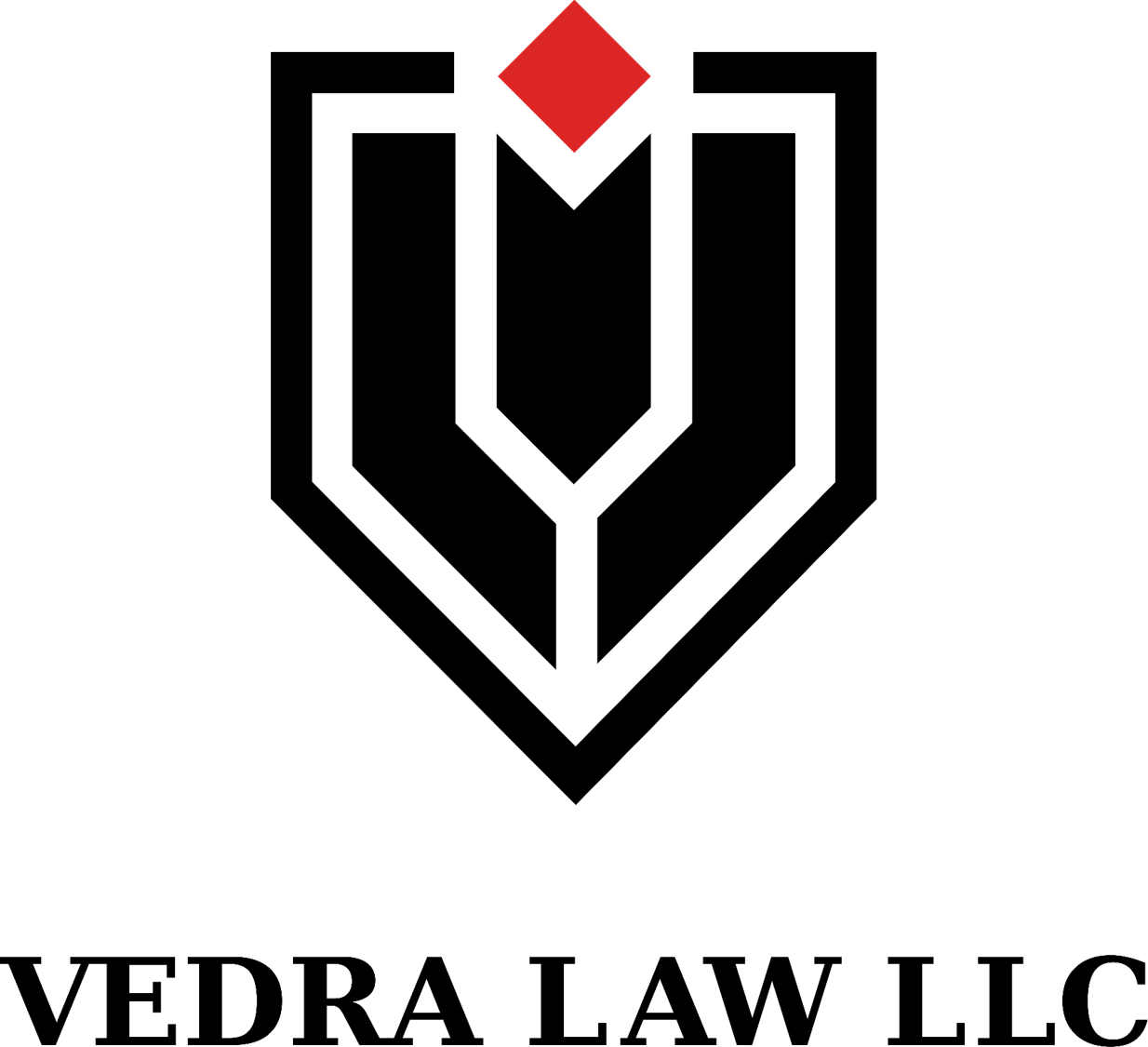The Fair Credit Reporting Act (FCRA) requires consumer reporting agencies, or credit bureaues, to “follow reasonable procedures to assure maximum possible accuracy of the information concerning the individual about whom the report relates.” In other words, credit bureaus must maintain procedures to ensure that the information in a person’s credit report is accurate. For example, a credit bureau cannot report that John Smith owes a debt that is actually owed by Jim Brown.
But what about illegal debts? In Denan v. Trans Union, LLC, the Seventh Circuit confronted the question as to whether the credit reporting agency violated the FCRA by reporting a payday loan owed by a consumer to a tribal payday lender. Tribal payday loans bear interest at a rate that is generally illegal under state law. The plaintiff in Denan claimed that Trans Union violated the FCRA by reporting a debt allegedly owed to a tribal payday lender. The Seventh Circuit held that consumer reporting agencies have a duty “to transmit factually accurate credit information, not to adjudicate the validity of disputed debts.” In other words, if there is a legal challenge to the debt, according to the Seventh Circuit, there is no challenge to the factual accuracy of the debt and no duty not to report the debt.


